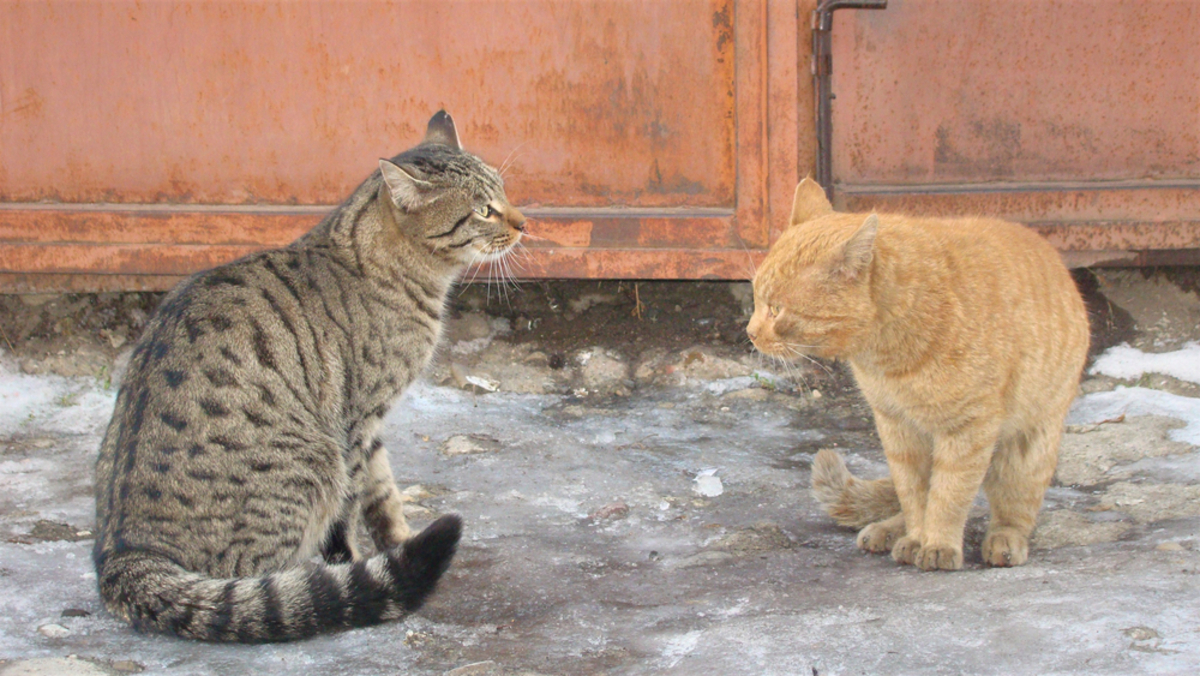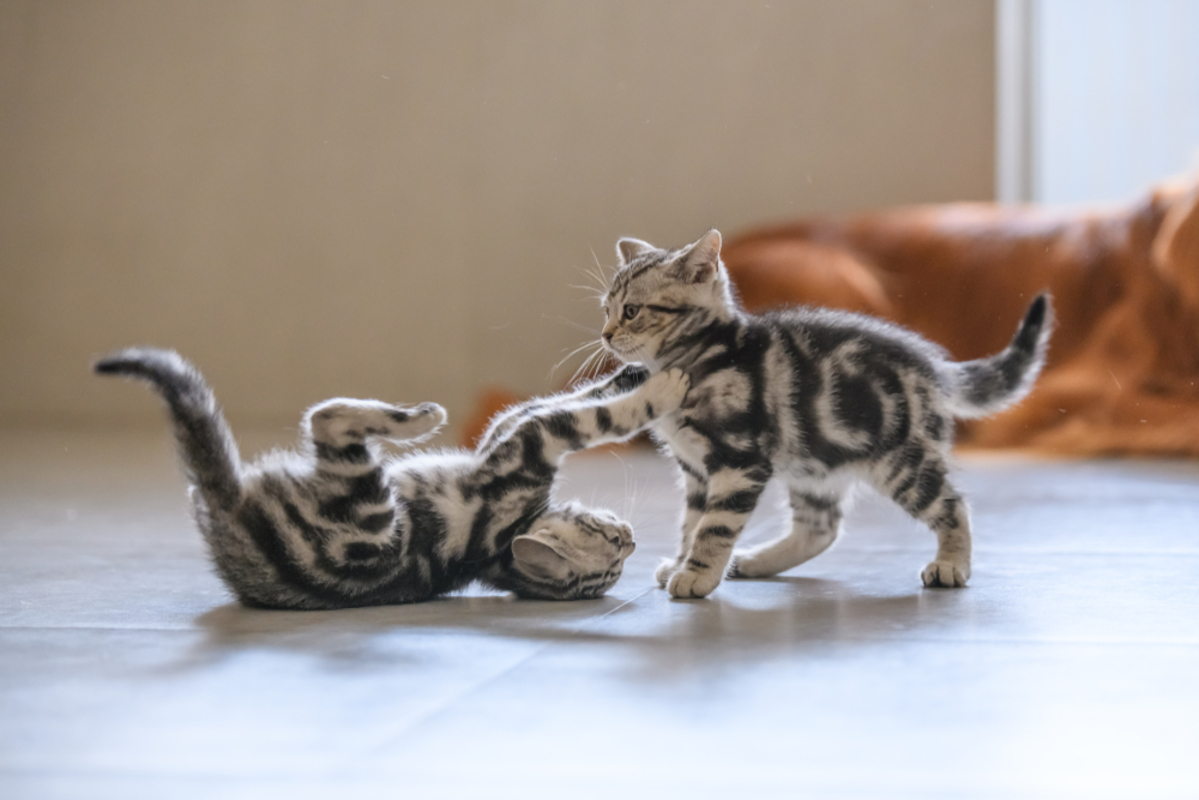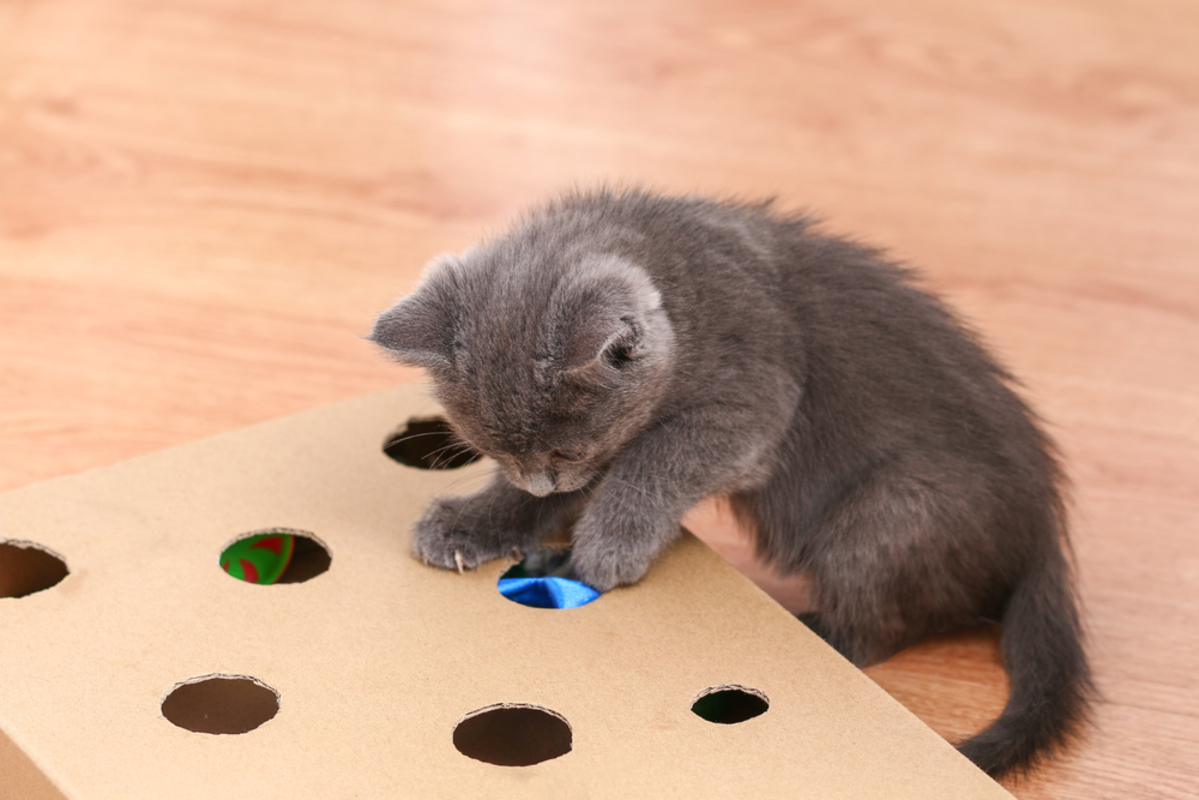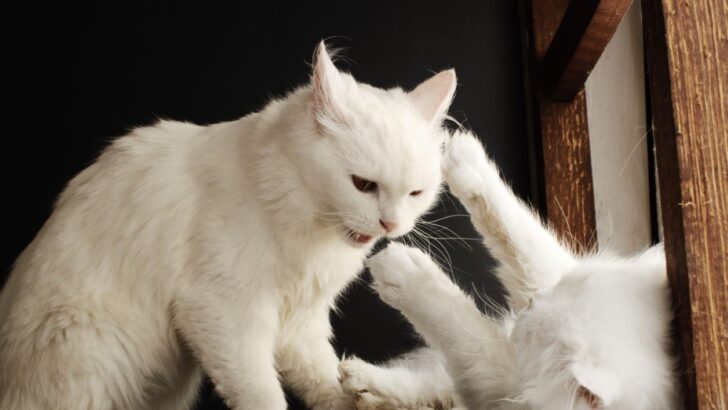“Do cats fight to the death?”
Okay, that’s a question every cat parent wants to know the answer to. After all, we’re responsible for our pet’s safety, right?
Whether you’re planning on getting another cat, moving to a neighborhood beaming with strays, or wondering about the yowling and howling you hear at night, you’re aware that catfights are a thing.
Maybe your fluffy friend’s been more aggressive, possessive, and territorial than before. Perhaps your neighborhood fluffers don’t receive enough food and water throughout the day and they’re trying to fend for themselves. Whatever the case might be, catfights are bound to happen.
Now, here’s the thing, though – cats aren’t known to fight to the death. Because they’re equipped with sharp teeth and even sharper claws, they’ve certainly got the means to do some serious damage to the enemy. But, cats never fight to kill each other. More on that down below!
What are catfights?

When you observe two cats fighting, whether they’re domestic or feral, you might notice that they chase each other, threaten each other by arching their backs and moving their tails side to side, and yell at each other.
More times than not, the cat that’s not as dominant, confident, and strong backs away before the fight escalates. Moreover, the stronger cat might meow, mark their territory, and flaunt their victory. But, there are times when neither bows out, and that’s when the actual fight might take place.
Remember, physical contact occurs when the fight escalates. Rather than going separate ways, the cats move away from each other and come back yowling, posturing, and threatening. But, even when that happens, the fight doesn’t go on for hours and hours.
Cats know better than to put themselves on the line and expose themselves to danger for the sake of defending territory, snatching another cat’s lunch of the day, or asserting mating rights.
So do cats fight to the death?
Cats know that once they’re wounded, they’re endangered, exposed to attack, and unable to protect themselves. Wild cats are known to showcase patterns of behavior that attest to what we argued, but even couch potato cats seem to possess the same survival instincts.
Without talking your ears off anymore, we’re going to repeat ourselves once more – cats do not fight to the death. Now, that doesn’t mean that a catfight can’t be a cause of death. Cats are equipped with weapons that can cause some serious damage.
Domestic cats have owners that can take care of them, take them to the vet when necessary, and protect them. Stray cats, on the other hand, can die from untreated wounds inflicted in a catfight. Because of that, you need to be aware of what causes catfights and what you can do to stop or prevent them.
Why do cats fight?

1. Protecting their territory
Pet parents already know what we’re talking about, right? Cats are territorial, which means they’re wired to mark their territory, protect their turf day and night, and deem everything that’s on their territory their own – be it food, a toy, or even a mate.
Cats, however, don’t care that other cats might consider the same territory a shared space. Whether you welcomed another cat to your home or thought hanging out with neighborhood cats was a great way for Miss McFluffer to meet friends, we can assure you she’s going to fight them sooner or later.
2. Protecting offspring
Cats might be even more protective of their kittens than they are of their territory. When you try to touch your cat’s kitten without consent, you might get a scratch or two.
Or, when you try to move them to a safer space without making sure she knows what you’re doing, she might think you’re a predator and attack you. And the same goes for other cats. Mollies, or female cats, are known to go above and beyond to ensure nothing happens to their offspring.
Do cats fight to the death when they’re protecting one of their own? Depending on the severity of the situation, they might!
3. Mating season
Hmm, have we mentioned how protective cats can be?
It’s the truth, though – cats are simply not keen on sharing pretty much anything. When you’re a pet parent to two or three cats, you know you need to provide them with respective food bowls, water dishes, and beds.
Cats can be BFFs, play with one another, and have the best time together, but that doesn’t mean they’re going to share something they’re protective of. And when they’re trying to mate, for example, they’re protective of the cat they’re trying to seduce.
So, if another cat makes a move on her, they’re guaranteed to throw a punch or two to assert dominance.
4. Playfighting

Playfighting can turn to actual fighting within minutes. Sure, some cats aren’t wild about playfighting and aren’t likely to start anything of the sort. But, some cats adore playfighting with siblings, neighborhood cats, and pretty much any other random cat out there, especially when they’re young.
We mentioned how cats don’t resort to throwing punches because one of them always backs down. We can say the same about playfighting.
At the end of the day, playfighting doesn’t generate biting or scratching because one of the cats walks away before the situation escalates. But when that doesn’t happen, playfighting can develop into something serious.
5. Aggression
We’d like to think our fluffy friends wouldn’t hurt a fly, but that’s not the case for most cats. Cats are predators – they’re bound to chase after butterflies, catch crawling creatures, and attack a cat or two when they’re provoked.
Cats are conditioned to attack before they’re attacked as means of keeping themselves safe and secure.
Not to mention unspayed and unneutered cats with raging hormones that affect them negatively. Needless to say, these hormones might cause them to behave a certain way, become aggressive, and attack.
6. Resources
Are you wondering if cats fight to the death because you’re scared for the nearby strays? Know that you can prevent that from happening by offering them enough resources.
What do we mean by that? Cats are more prone to attack each other when they’re hungry, thirsty, or searching for a place to spend the night. One cat might notice another cat munching on something and try to snatch that away.
Of course, when she refuses to back away, they’ll fight to see who gets to keep the food. On top of that, other cats might be alarmed by the conundrum and decide to enter the fight – and, that’s when a catastrophe ensues.
How to stop or prevent catfights?
1. Avert attention to something else

Cats do not generally fight to the death, but that doesn’t mean you should stand by and not do anything when you catch two cats fighting. Rather than trying to separate them, draw the cats’ attention to something that’ll surprise, amuse, or calm them.
Whether you present them with a toy, make a sound to scare them away, or even reward them with a treat (once they’re away from each other), that should be enough for them to stop.
2. Separate them before the fight escalates
More frequently than not, you’re going to stumble upon cats yowling at each other, flailing tails, and posturing. When that happens, know that they’re thinking of throwing punches, but they’re waiting for the opponent to back off.
On the chance the opponent doesn’t read the room, you might need to stand between them, separate them, and ensure they don’t attack each other. If the fight has already started and they’re biting each other, gauging each other’s eyes out, and screaming, you might need to resort to other means of averting the attention.
3. Resort to cat-calming pheromones
Cat-calming pheromones are great for aggressive, possessive, and protective cats, as well as those prone to instigating fights. Pheromones are chemicals many creatures produce and use to communicate – cats, for instance, produce pheromones to mark their territory.
Store-bought, cat-calming pheromones are created to mimic that and offer cats a sense of security, comfort, and calm. Whether you opt for diffusers, sprays, or powders, they’re supposed to reduce damaging behavior patterns and practices such as catfights.
Feliway will definitely help your cat calm down since it offers different options suitable for each cat parent’s needs. Difuser is a great choice if you need something that covers a large area around your home. Turn it on whenever you feel like your feline is getting nervous and you’re good to go.
4. Provide enough resources for each cat (where possible)
Whether you’re a parent to a few pe(s)ts or concerned about the local strays, we suggest you provide them with enough food and water to prevent them from fighting.
When you do that, you ensure that each cat is taken care of and doesn’t need to resort to violence to secure a bite and bed.
5. Spay and neuter
Spaying and neutering your cats can be of assistance, too.
Cats that haven’t gone through that process might suffer because of excess hormones that are responsible for aggressive behavior, frequent fights, and even damaging diseases. Although cats do not generally fight to the death, that doesn’t mean your kitties won’t have the urge to do so before you spay or neuter them.
6. Reward good behavior
Lastly, we can’t forget about the power of positive reinforcement. When one of the cats backs away, offer her a treat for good behavior. We suggest preparing treats to avert attention to something much better when you notice that the fight might become physical.

